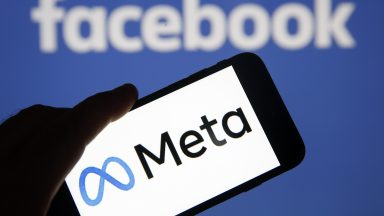
It seems like there are always new technology updates to know about. Meta’s fact-checking update raises many questions relating to the themes of misinformation and partisanship. Find out how social media content will be affected below!
How did Meta’s fact-checking work?
Meta’s fact-checking program was launched in 2016 with the aim of reducing misinformation online. This is due to the pressure Facebook faced from its users for spreading fake news during the crucial US presidential election that same year. The Meta Transparency Center explained that through the program, nonpartisan, third-party parties certified by the International Fact-Checking Network (IFCN) systematically verify the accuracy of online content. In the company’s targeted review, the content would be rated “False, Edited, Partially False, Missing Context, Satire, and True.” By 2023, the fact-checking system “has expanded to include nearly 100 organizations working in more than 60 languages around the world,” according to a release from Meta.
What is the Meta Fact Checking update?
Tuesday January 7, 2025 Meta CEO Mark Zuckerberg shared a video announcement on Meta’s official website that the latest update would end Meta’s fact-checking system. Instead of its fact-checking program, there will now be “Community Notes.” Mark personally took a page from Elon Muskthe book on how to regulate social media. The CEO compared his new approach to Elon’s version of X.
Meta said it was abandoning its third-party fact-checking program and replacing it with user-written community notes similar to the model used by Elon Musk’s X. Here’s what you need to know. pic.twitter.com/iPfkqc1lWP
– The Associated Press (@AP) January 7, 2025
Why did Meta update?
Mark’s reasoning behind this 180-degree decision was the 2024 US presidential election. Mark explained his beliefs in the video: “The recent election also appears to be a cultural shift toward a new priority on speech. After Trump was first elected in 2016, mainstream media wrote nonstop about how misinformation posed a threat to democracy. We have tried in good faith to address these concerns without becoming the arbiters of truth. But the fact-checkers have simply been too politically biased and have destroyed more trust than they have created, particularly in the United States.”
How will Facebook and Instagram change?
Both platforms will now enable more online content on current issues such as gender and immigration. The new setup will invite users to participate in the conversation as contributors and they will rate the content themselves, request more information and report misleading messages. To try to avoid biased opinions, users with diverse viewpoints must agree on their rating.
Gn headline
News Source : hollywoodlife.com
